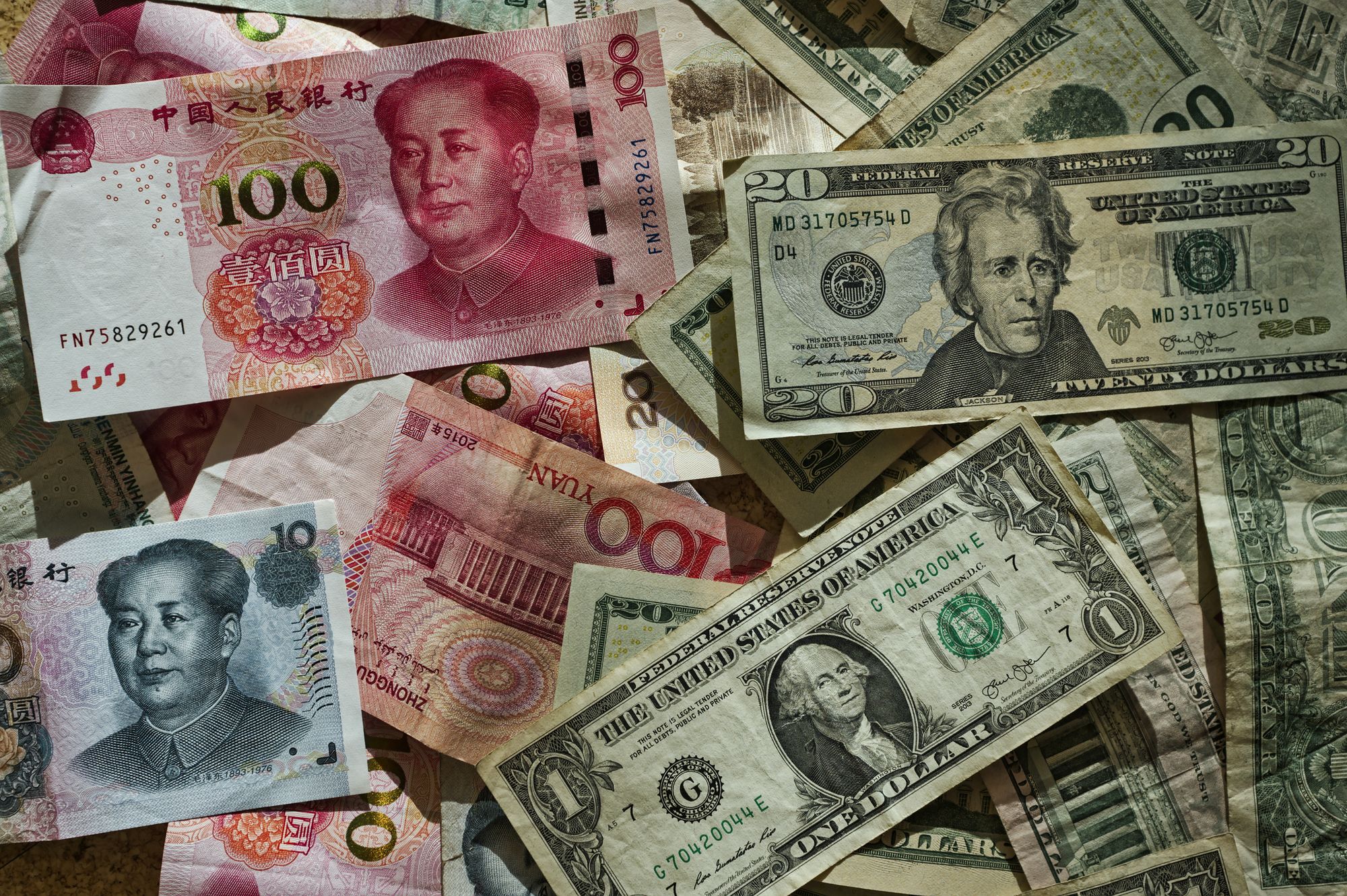Unit 4 - Problems & Exercises
Scope of National Security (GATT/WTO Article 21) and Currency Manipulation, But Now What Do Tech Export Limitations Mean?

Let’s start with a simple problem for all students getting at application of GATT/WTO Article XXI by its own terms. How would you resolve the following hypothetical under Article XXI? The hypothetical involves a Scandinavian WTO member country defense establishment’s need for a secure supply of army boots. The problem is that there is only one remaining bootmaker in said country in a position to produce sufficient quantities of army boots to keep its soldiers in shoe leather. Could said country introduce any form of import limitations (protective tariffs, etc.) to ensure the commercial survival of its military boot-making establishment, or does Article XXI direct instead the import of Italian (more stylish) or Brazilian (cheaper) boots because preserving boot-making capacity would not be deemed an “essential security interest”? Would you regard a view of military security as a fair interpretation if it went so far as to say that a WTO member country could protect the boot-making industry in its country to ensure that its army always would be assured of having boots in the case of armed conflict? Is protecting your national boot industry to keep your military in army boots a valid interpretation of essential security under GATT/WTO Article XXI? Why or why not?
Now for a similar exercise, again for all students, look again at the Graham-Schumer legislation (S. 295), which claims specifically in the bill's text that the currency adjustment tariff is permissible under GATT/WTO Article XXI. Do you agree, yes or no, why or why not, just interpreting the text of GATT/WTO Article XXI under the applicable Vienna Convention rules (do not bother paying attention yet to the Russia-Ukrainian DSB proceeding)?
You were told in Unit 4’s Background and Readings sections about the Russia vs Ukraine Article XXI DSB proceeding, including a short description in the CSIS note (and access via link to the WTO Secretariat’s abbreviated description and findings). The actual panel report is DS512 Russia - Measures Concerning Traffic in Transit. Everyone should read the abbreviated description and findings, but we shall detail one student group to read the panel report in its (137 page) entirety, in order to report in particular on how the justiciability issue is both argued and resolved. A very large number of third party WTO member countries declared an interest in, and made submissions in the Article XXI proceeding, which was delayed as a result as a practical matter. The US made its own submission on claimed self-judging aspects. The CSIS note concluded that the Russia vs Ukraine proceeding cast substantial doubt on the US position that Article XXI was self-judging (which underpins the Trump Administration’s claims that its articulation of “national security” concerns allows the US to levy tariffs against a variety of countries to preserve American jobs, without thereby violating US obligations under the GATT/WTO). Do you agree with the CSIS note, why or why not, and what might you read into the views expressed in various third party submissions in DS512 whether the WTO trading system would function better as a rules-based system, versus relying more on economic diplomacy (aka negotiations)?
Then there is the initial outcome in related challenges of Norway, Switzerland and Turkey to the steel and aluminum tariffs levied by the Trump Administration when it passed on the Commerce Department designating the importation of European sedans as a threat to national security. Do they follow doctrinally from Article XXI and the Russia opinion? Turn for the moment to the question under discussion of a new export control regime for semi-conductors aimed at China. How would you analyze such an export control regulation under Article XXI, if its declared intention was to deny China the ability to develop its own high-level chip fabrication industry?
We will not spend too much time in the class on the details of national accounting, but the point is to realize that large trade deficits are typically not a result of other countries’ unfair trading (although small ones may be, to the extent there are effects on the margin). Instead, they largely result from national accounting in terms of high levels of consumption and low levels of savings, with the result that trade measures like tariffs or quotas directed against a counter-party country with a large positive balance of payments typically just result in trade diversion, meaning another country’s goods are imported in its place, to which the trade deficit moves, rather than the trade deficit disappearing from national accounts following application of a quota, etc. You can follow this technically in terms of a case study in rereading the economic scenario concerning what would happen if a 27% tariff were applied to Chinese goods in the manner suggested by the Graham–Schumer legislation, or currently as part of the Trump Administration’s intended trade war.
Remember also that the trade balance in favor of Mexico within NAFTA was a central issue in the Trump Administration’s effort to renegotiate NAFTA into what became the USMCA as NAFTA 2.0. And similarly, US students should pause to consider under this analysis how COVID-19 related deficit spending will ultimately be reflected also in imbalances under national accounts. This is the idea that trade deficits and the like are more reflective of macroeconomic issues visible through the details of national accounting, while doing something like asking China to decrease a bilateral trade deficit by buying more US soybeans may decrease the bilateral deficit while not changing the underlying national accounting (so the adjustment is not instantaneous, but the likely outcome is trade diversion if the US originally were going to sell those soybeans to another country anyway). To understand trade diversion, take a look again at the Economicscenarios.com material.